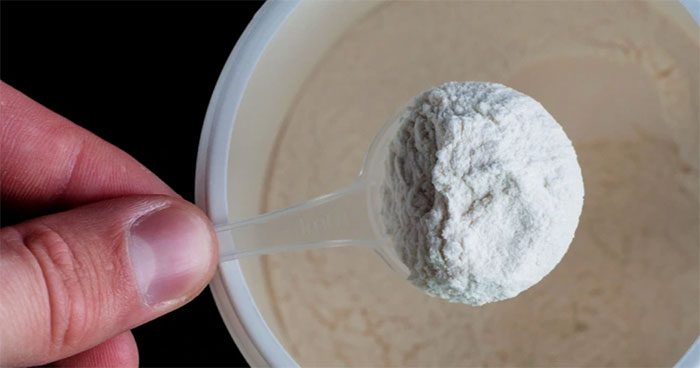In a recent study, scientists discovered that reducing dependence on isoleucine could offer surprising benefits, including improved longevity and extraordinary physical health.
Isoleucine is one of the three branched-chain amino acids that we use to create proteins in our bodies.

The study conducted on mice showed that with a simple modification in amino acid intake, scientists significantly extended their lifespan.
Although isoleucine is essential for our survival, our cells cannot produce it on their own. Therefore, we must obtain it from dietary sources such as eggs, milk, soy protein, and meat.
In this recent research, scientists found that a reduced reliance on isoleucine could lead to surprising outcomes, particularly in enhancing the lifespan of mice.
Specifically, researchers observed that by reducing about two-thirds of a diet rich in isoleucine, male mice experienced a 33% increase in lifespan compared to those not restricted, while female mice saw a 7% increase.
These mice also scored higher on 26 different health metrics, including muscle strength, endurance, blood sugar levels, and reduced hair loss.
In other words, researchers have found a way to create “super mice”, with superior strength and longevity compared to individuals not undergoing this treatment.
The mice fed a low isoleucine diet also consumed significantly more calories. Instead of gaining weight, they actually burned more energy and maintained a leaner body weight, despite having similar activity levels.

Researchers have found a way to create “super mice”.
The researchers believe that restricting isoleucine in humans, whether through diet or pharmaceuticals, could potentially provide similar anti-aging effects.
However, like all studies conducted on mice, we won’t know for sure until it is actually tested on humans.
Implementing this diet also faces numerous challenges. Researchers note that other nutritional components could yield unexpected results.
For instance, limiting protein intake could have adverse effects on the body, whether in mice or humans.
Additionally, the degree of amino acid restriction may need to be further refined for each individual to achieve optimal effects, as it largely depends on the specific strain of mice, age, environmental conditions, and sex.
Nonetheless, identifying a single amino acid that helps extend lifespan in mice also enhances our understanding of biological processes and could lead to potential intervention strategies for humans, such as drugs that inhibit isoleucine.


















































